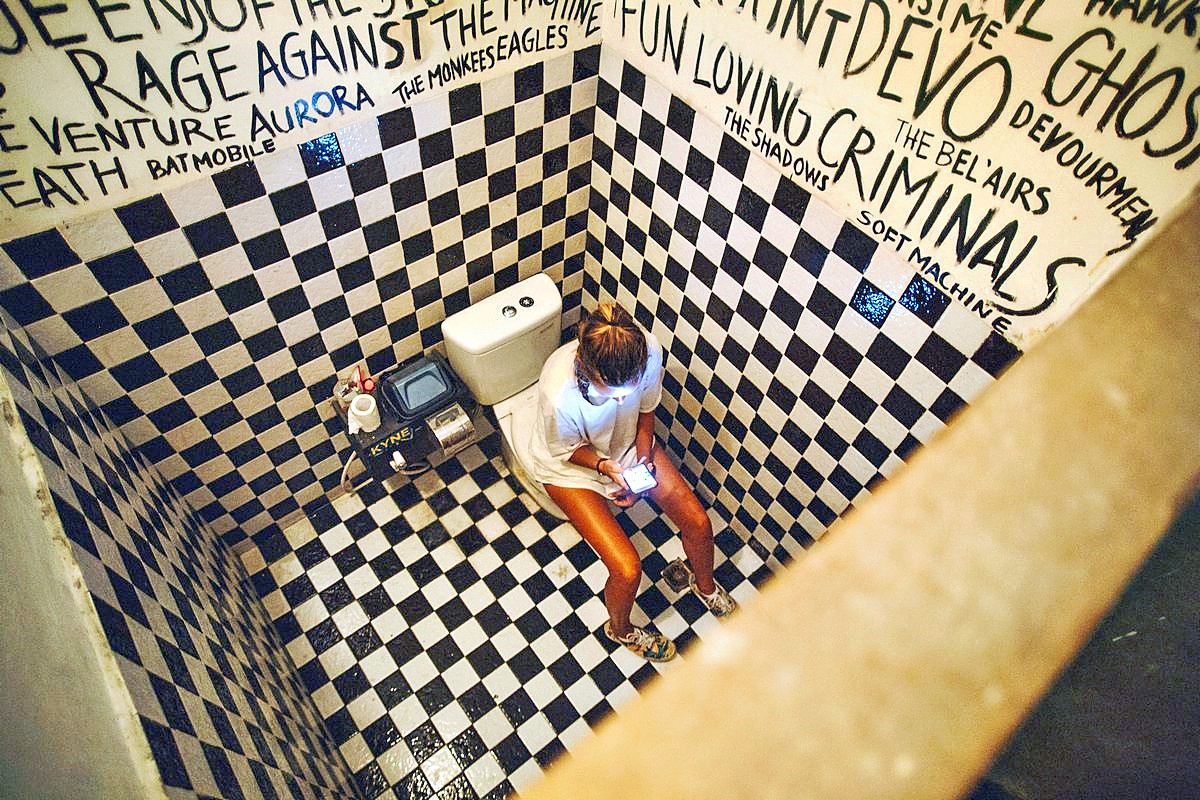🚽 The Nighttime Nuisance: Nocturia
Imagine this scenario: you’ve had a long, tiring day, and all you crave is a peaceful slumber. You tuck yourself in, ready to drift off into dreamland, but alas, just a few hours into your slumber, nature calls. You find yourself making a beeline for the bathroom, only to repeat this routine multiple times throughout the night. This frustrating condition is known as nocturia, or the frequent need to urinate during the night. 💤
While some may dismiss it as a mere inconvenience, nocturia can have far-reaching consequences on your overall well-being. Interrupted sleep can leave you feeling fatigued, sluggish, and irritable the following day, impacting your productivity and mood. Additionally, the constant disruption can wreak havoc on your blood sugar levels, leading to carb cravings and a potential domino effect on your cognitive function and memory. 🥱
🔍 Uncovering the Root Cause
If you’ve sought medical advice for your nocturia woes, you may have been met with a myriad of potential culprits – urinary tract infections, an enlarged prostate, kidney stones, or even excessive water intake. However, there’s a far more common underlying cause that often goes unnoticed. 🕵️♂️
Contrary to popular belief, treating an enlarged prostate rarely resolves nocturia. Similarly, the age-old notion that high testosterone levels are responsible for prostate enlargement doesn’t hold water, given that testosterone levels typically decline with age, while prostate issues become more prevalent. 🤔
🍭 The Sweet Saboteur: Insulin Resistance
One striking pattern emerges: individuals with diabetes nearly always experience urinary frequency at night. The key difference between those with diabetes and those without? Elevated levels of sugar and, often, insulin. 🍰
Studies on dogs have revealed that administering insulin leads to a significant increase in urine output. Furthermore, insulin has been found to inhibit the adrenal hormones responsible for retaining fluid, resulting in a greater urinary output. 🐶
Perhaps the most compelling evidence lies in the strong association between high insulin levels and overactive bladder syndrome. Ironically, while doctors routinely check blood sugar levels, they seldom test for fasting insulin – a crucial marker that often precedes pre-diabetes and insulin resistance. 💉
🍽️ The Snacking Culprit
So, what’s the primary driver behind those pesky nighttime insulin spikes? The answer lies in a seemingly harmless habit: late-night snacking. 🍫
Snacking, even on low-carb options, can trigger an insulin response. Additionally, the combination of high insulin levels and excessive fluid intake before bed can exacerbate the issue, leading to a night of constant trips to the bathroom. 💦
🛏️ The Sweet Slumber Solution
Fortunately, the solution to your nocturia woes is surprisingly simple and doesn’t involve any medication. Here’s what you need to do:
- Bid Farewell to Nighttime Snacking: Instead of indulging in a late-night treat, push that snack to your dinner time and avoid consuming anything after 6:30 PM. 🕰️
- Curb Your Carb Intake: Aim for a low-carb, ketogenic diet, limiting your carb intake to less than 30 grams per day. This approach can help regulate your insulin levels and promote uninterrupted sleep. 🥙
- Embrace Intermittent Fasting: Combine your low-carb diet with intermittent fasting for added benefits. If you’re new to this concept, check out the short playlist provided for a quick introduction. ⏰
By implementing these simple dietary adjustments, you’ll be well on your way to bidding farewell to those dreaded night-time bathroom visits and welcoming a restful, rejuvenating slumber. 😴
Copyright © 2025 Hea1th.net

